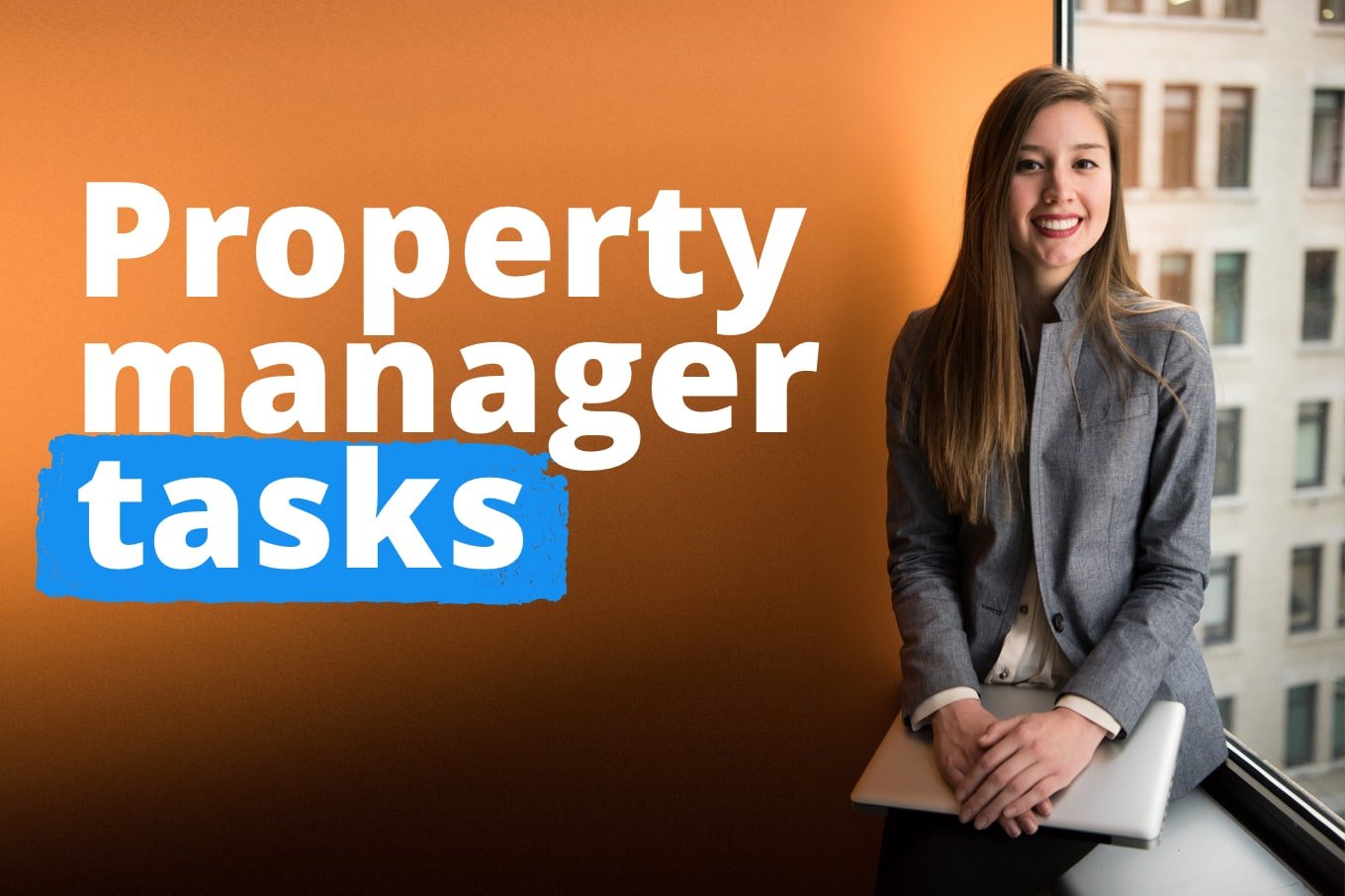

A property manager plays a crucial role in the smooth operation of rental properties. They are responsible for overseeing every aspect, from tenant relations to maintenance, ensuring landlords receive maximum returns and tenants enjoy comfortable living. However, many people have questions about what a property manager actually does. This guide will explore the multifaceted responsibilities of a property manager, shedding light on the challenges and the significant role property managers play in the success of rental properties. We’ll cover tenant management, maintenance tasks, and financial aspects, offering real-world examples and actionable advice for landlords and property managers alike.
Understanding the Core Responsibilities of a Property Manager
Tenant Management and Screening
A property manager acts as a liaison between landlords and tenants, handling all communication, contract negotiations, and dispute resolution. This includes everything from scheduling viewings to processing applications, verifying references, and performing background checks to ensure responsible and compliant tenants. A crucial part of this process is identifying potentially problematic tenants and preventing future issues. A well-trained property manager can protect landlords from frivolous lawsuits and the financial burden of problematic tenants. A successful screening process safeguards the investment and upholds the property’s reputation.
Lease Agreement Administration
Lease agreements are the foundation of a successful landlord-tenant relationship. Property managers are responsible for drafting, reviewing, and ensuring the legality of lease agreements. This includes clarifying terms, conditions, and tenant responsibilities to avoid misunderstandings. They also manage the renewal process, ensuring compliance with local regulations and ensuring all parties are legally bound to their agreed-upon conditions. This includes collecting security deposits and handling late rent payments promptly and fairly.
Maintenance and Repairs
Maintaining the condition of a property is paramount. Property managers often have contracts with maintenance companies or vendors for timely repairs and routine maintenance. They handle tenant requests for repairs, promptly address urgent issues, and ensure that the property remains in good working order. This proactive approach not only enhances tenant satisfaction but also helps prevent costly damage and ensures the property retains its value. Prompt resolution is key to reducing tenant complaints and the resulting negative feedback.
Financial Management for Property Owners
Collecting Rent and Managing Payments
Collecting rent on time is crucial for property owners. Property managers typically implement systems to track rent payments and send timely reminders to tenants. They also handle late payment procedures, adhering to local laws and regulations to address overdue payments fairly and efficiently. A professional property manager will have established procedures for late fees and eviction notices, ensuring the legal protection of both the property owner and the tenant. Maintaining a detailed financial record-keeping system is essential for transparency and tax purposes.
Budgeting and Financial Reporting
Property managers play a key role in budgeting and financial reporting. They track income and expenses, preparing detailed reports for property owners. These reports provide insight into property performance, highlighting potential areas for improvement. Analyzing income and expenses helps property owners make informed decisions about their investments. For instance, if rent collection is consistently below projections, the property manager will be able to recommend solutions or alert the property owner to potential issues.
Managing Property Taxes and Insurance
Property managers are responsible for managing property taxes and insurance. They track due dates for taxes, handle insurance claims efficiently, and ensure compliance with relevant regulations. Managing these vital aspects of property ownership can save a landlord time and potentially significant costs, enabling a seamless experience.
Legal and Regulatory Compliance
Understanding Local and State Laws
Property managers are acutely aware of and compliant with all relevant local and state laws concerning landlord-tenant relations. This involves understanding and adhering to regulations about lease agreements, security deposits, eviction procedures, and fair housing laws. This legal expertise is essential to protect the landlord from potential liability while providing a positive experience for the tenants.
Marketing Strategies for Property Managers
Marketing for Vacant Properties
In a competitive market, effective marketing strategies are crucial for filling vacant properties quickly. Property managers work on the promotion of vacancies using social media, online portals, and local advertising channels to generate interest. By using diverse channels, they ensure the property is exposed to the widest possible audience of potential tenants. Examples include posting high-quality pictures and videos, showcasing amenities, and strategically highlighting desirable features. A targeted marketing campaign attracts the right tenants while increasing the ROI of the property.
Community Building and Tenant Relations
Creating Positive Tenant Experiences
Property managers strive to cultivate positive relationships with tenants and foster a friendly community within the property. Good communication, prompt responses, and a helpful attitude toward tenant issues contributes positively to tenant satisfaction and retention. A positive experience encourages tenants to remain in the property for extended periods. Happy tenants are more likely to pay rent on time and actively maintain the property.
Addressing Tenant Complaints and Conflicts
Effective conflict resolution skills are crucial for property managers. Prompt responses, a calm demeanor, and a willingness to listen and mediate help facilitate resolution in many situations. A proactive approach to addressing tenant complaints helps maintain positive relationships and minimizes the risk of escalating conflicts. Prompt communication and conflict management skills improve tenant relations while avoiding unnecessary legal procedures.
In summary, a property manager is a vital role in the real estate industry, acting as a liaison between owners and tenants. Their responsibilities are multifaceted, encompassing maintenance, leasing, and financial management. Their expertise in these areas ensures smooth operations and maximizes profitability for property owners. If you’re looking to optimize your rental properties, engaging a competent property manager is a strategic investment. Consider contacting a property management company for a consultation today.
